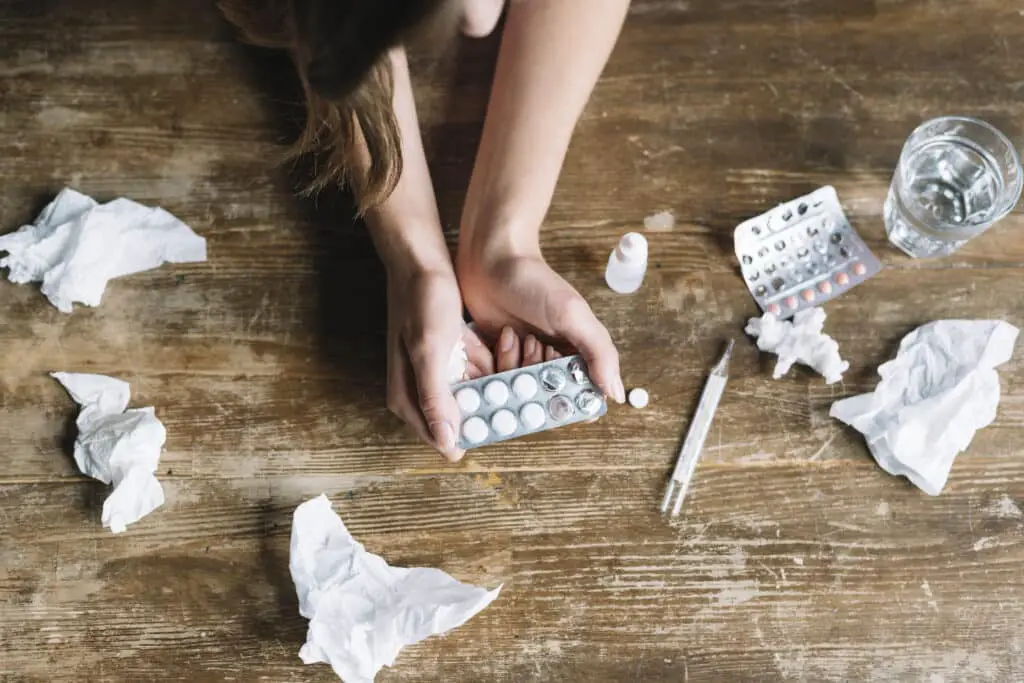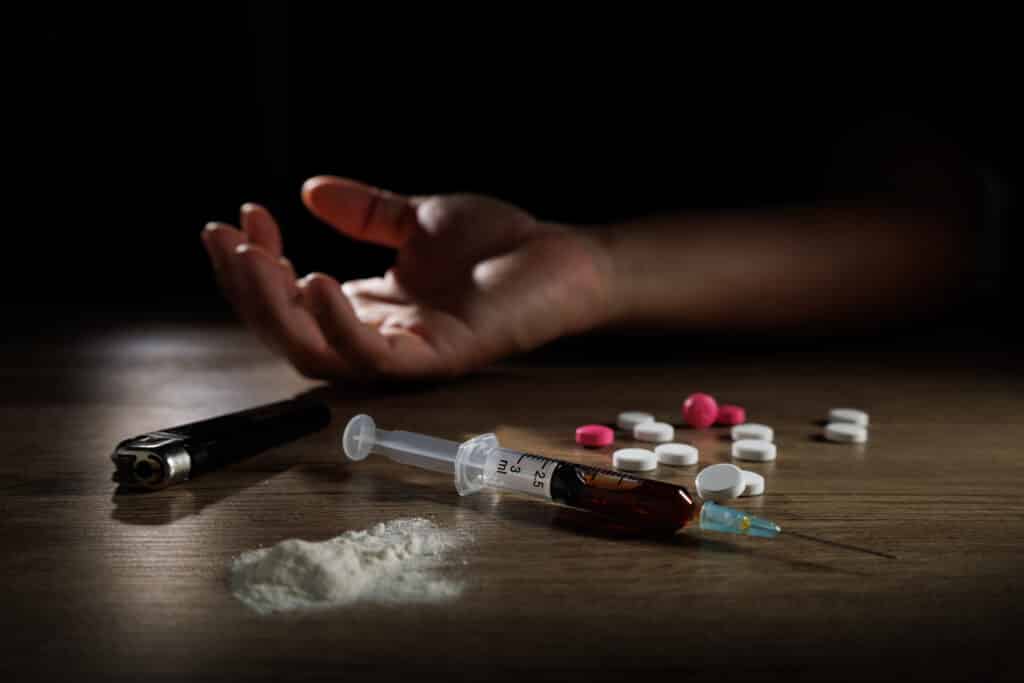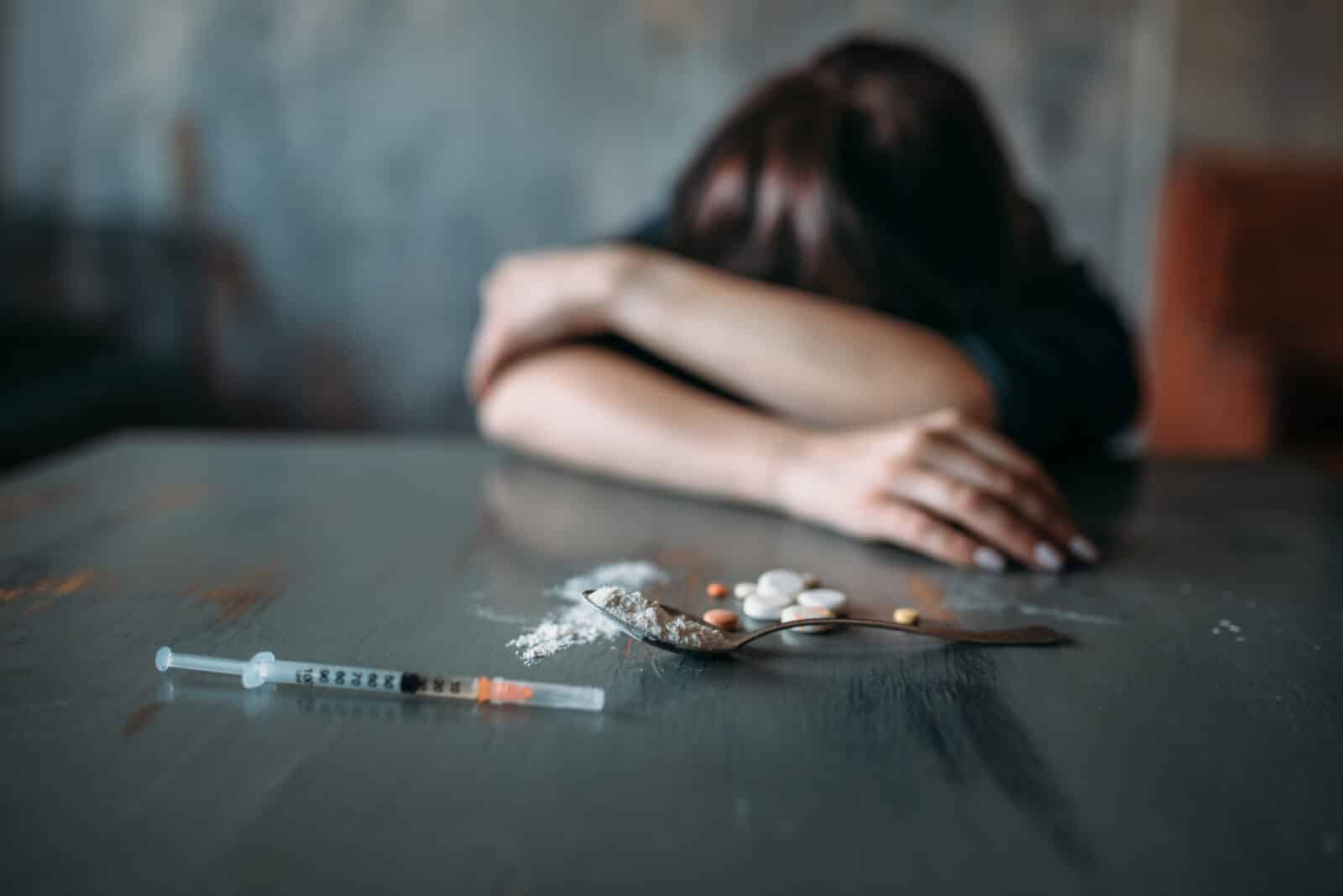In a decisive move, the Biden-Harris Administration has called upon the housing community to assist in expanding access to opioid overdose reversal medications like Naloxone. This action is a cornerstone of President Biden’s Unity Agenda, aimed at combating the nation’s escalating overdose epidemic.

A Unified Approach to Expanding Access to Opioid Overdose Reversal Medication
The White House Office of National Drug Control Policy (ONDCP), the U.S. Department of Health and Human Services (HHS), and the U.S. Department of Housing and Urban Development (HUD) have united in this effort. They issued a joint letter encouraging collaboration between public health departments, healthcare systems, housing providers, and community organizations. The goal is clear: make life-saving medications widely available in public spaces, including housing settings.
The Role of Housing Providers
Housing providers are recognized as vital in this whole-of-society effort. Their role includes ensuring that overdose reversal medications are accessible in public housing, multifamily housing programs, and facilities aiding the homeless. This initiative underscores the reality that many overdoses occur at home, making the availability of such medications in these settings not just beneficial, but essential.
Voices of Leadership
Key figures in this initiative, like ONDCP Deputy Director Adam Cohen and HHS Assistant Secretary for Mental Health and Substance Use, Miriam E. Delphin-Rittmon, Ph.D., emphasize the importance of a collaborative response. They advocate for the destigmatization of substance use disorder and the promotion of recovery, highlighting the critical nature of accessible overdose reversal medications.
Strategic Actions
To address the overdose epidemic, the Administration has implemented several strategies:
- Engaging with U.S. drug manufacturers to increase access to FDA-approved overdose reversal medications.
- Launching educational campaigns about fentanyl dangers and naloxone’s life-saving effects.
- Facilitating naloxone availability to harm reduction organizations.
- Providing enhanced state support through technical assistance and policy academies.
- Allocating funds for states to purchase opioid overdose reversal medications.

Historic Funding and Actions
The Biden-Harris Administration has invested unprecedented funding in the State Opioid Response (SOR) grant program. This has enabled the distribution of nearly 9 million naloxone kits and the reversal of over 500,000 overdoses. Such actions represent a historic commitment to increasing access to these crucial medications.
Conclusion
Expanding access to opioid overdose reversal medications is not just a policy – it’s a life-saving mission. The Biden-Harris Administration’s approach, integrating federal agencies, local communities, and housing providers, marks a significant step towards building healthier communities and a nation resilient in the face of the overdose epidemic.
Related posts:
 Reduce Your Environmental Footprint: Simple Water Conservation Tips for Your Home
Reduce Your Environmental Footprint: Simple Water Conservation Tips for Your Home
 10 Precautions to Stay Safe During a Home Renovation
10 Precautions to Stay Safe During a Home Renovation
 Increase in US Home Construction in 2023 Signals Robust Market Recovery
Increase in US Home Construction in 2023 Signals Robust Market Recovery
 2024 Military Housing Panel: Empowering Voices of Military Families
2024 Military Housing Panel: Empowering Voices of Military Families
 Healthcare or Housing? An Increasing Number of States Redirect Medicaid Funds to Aid the Homeless
Healthcare or Housing? An Increasing Number of States Redirect Medicaid Funds to Aid the Homeless



